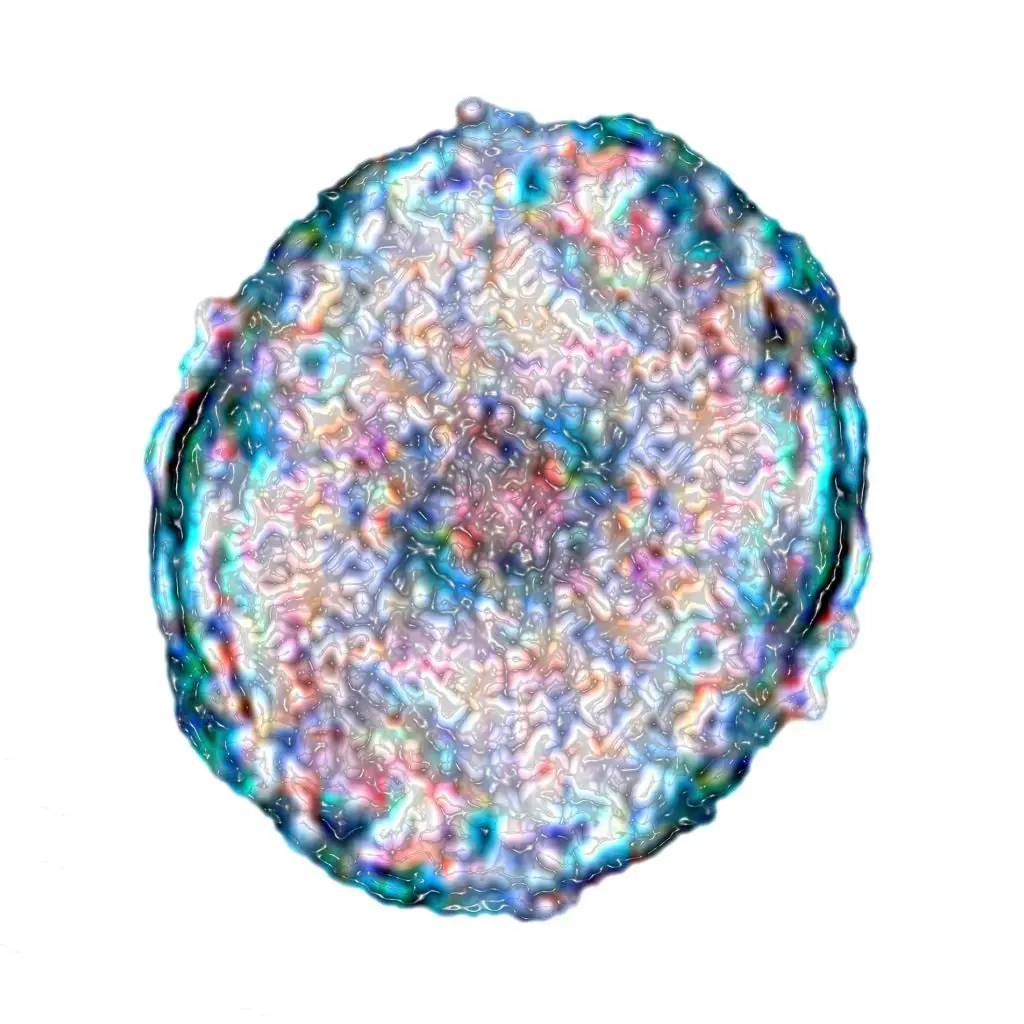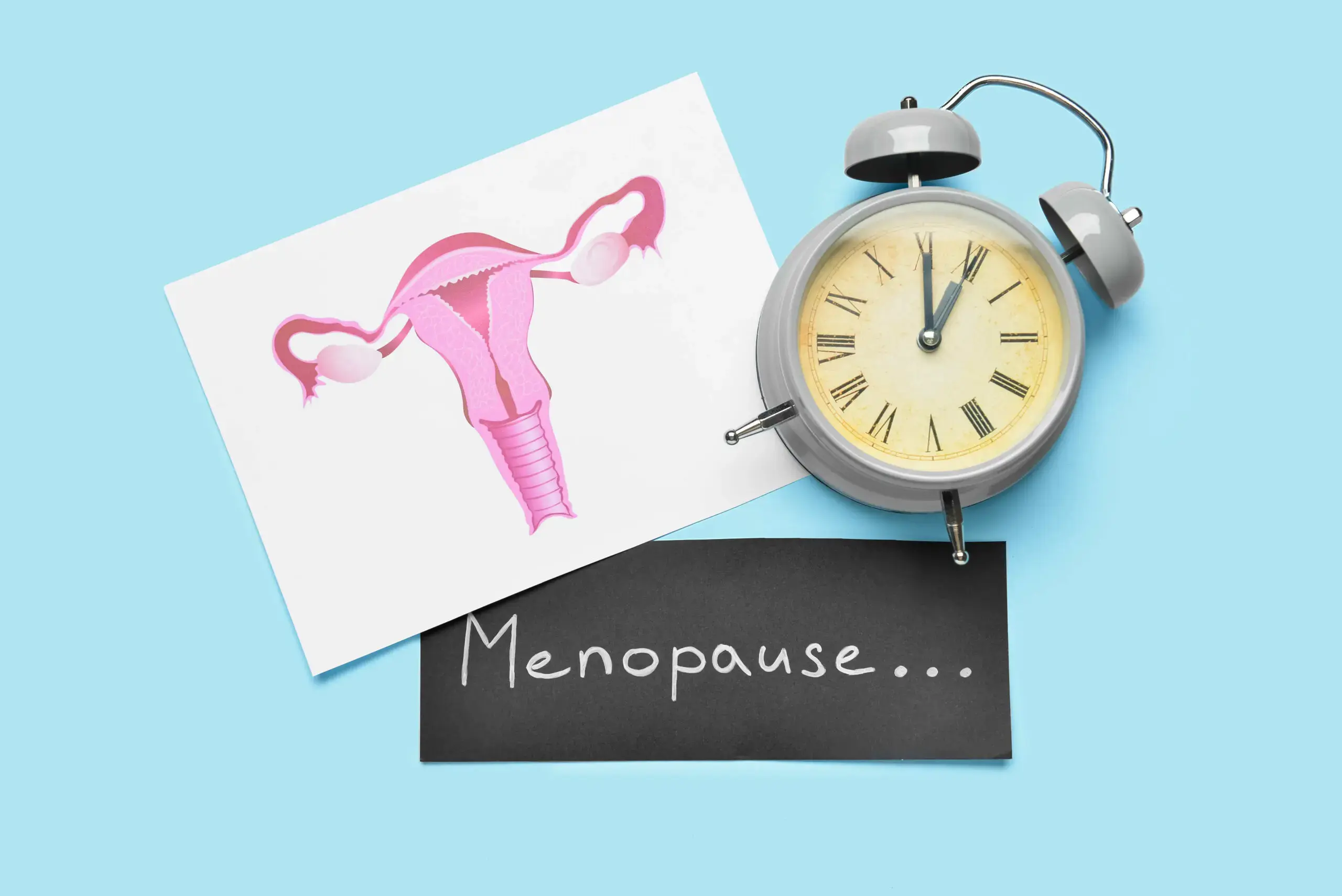Other Treatment Methods
- Adrenal hyperplasia
- Gestational diabetes
- Growth disorders in children
- Hashimoto's thyroiditis
- Hormone deficiency
- Hormone-producing tumors
- Hyperthyroidism
- Hypofunction of the adrenal cortex
- Hypothyroidism
- MODY (Maturity Onset Diabetes of the Young)
- Obesity
- Osteoporosis
- Overactivity of the adrenal cortex
- Sex hormones
- Type 1 diabetes
- Type 2 diabetes

© Freepik
Overactivity of the adrenal cortex
The hyperfunction of the adrenal cortex is referred to as hypercortisolism and manifests as an excessive production of cortisol, aldosterone, or other adrenal hormones. Depending on which hormone is produced in excess, different clinical pictures are differentiated. The most common are Cushing's syndrome (cortisol excess) and Conn's syndrome (aldosterone excess).
In Cushing's Syndrome the adrenal gland permanently produces too much cortisol. Symptoms often develop insidiously and include, among others, the so-called central obesity (thick belly, thin arms and legs), pronounced muscle weakness - especially in the thighs -, a so-called buffalo hump, high blood pressure, thin, easily vulnerable skin, osteoporosis, and psychological changes such as depressive moods or irritability. In addition, women may experience menstrual irregularities and men may experience loss of libido.
The Conn's Syndrome is caused by an excessive production of aldosterone, which regulates the salt and water balance. In the case of an excess, it leads to high blood pressure and often to a drop in potassium levels. Typical symptoms include fatigue, muscle weakness, Cardiac arrhythmias and occasionally increased urination.
Diagnosis and treatment of an overactive adrenal cortex
The diagnosis if an overfunction is suspected is initially made through hormone determinations in blood and urine.
In the case of Cushing's syndrome, an increased cortisol concentration is typically detected, often supplemented by specific provocation or confirmation tests and subsequent imaging procedures such as CT or MRI. The treatment is always based on the cause: if possible, the hormone-producing tumor in the adrenal gland is surgically removed. If surgery is not possible or additional therapy becomes necessary, medicinal inhibitors of cortisol production can be used.
In Conn's syndrome, a unilateral tumor is also surgically removed. If surgery is not possible or there is a bilateral enlargement of the adrenal glands, treatment is carried out with so-called aldosterone antagonists, which help to lower blood pressure, reduce congestion, and protect the heart.








